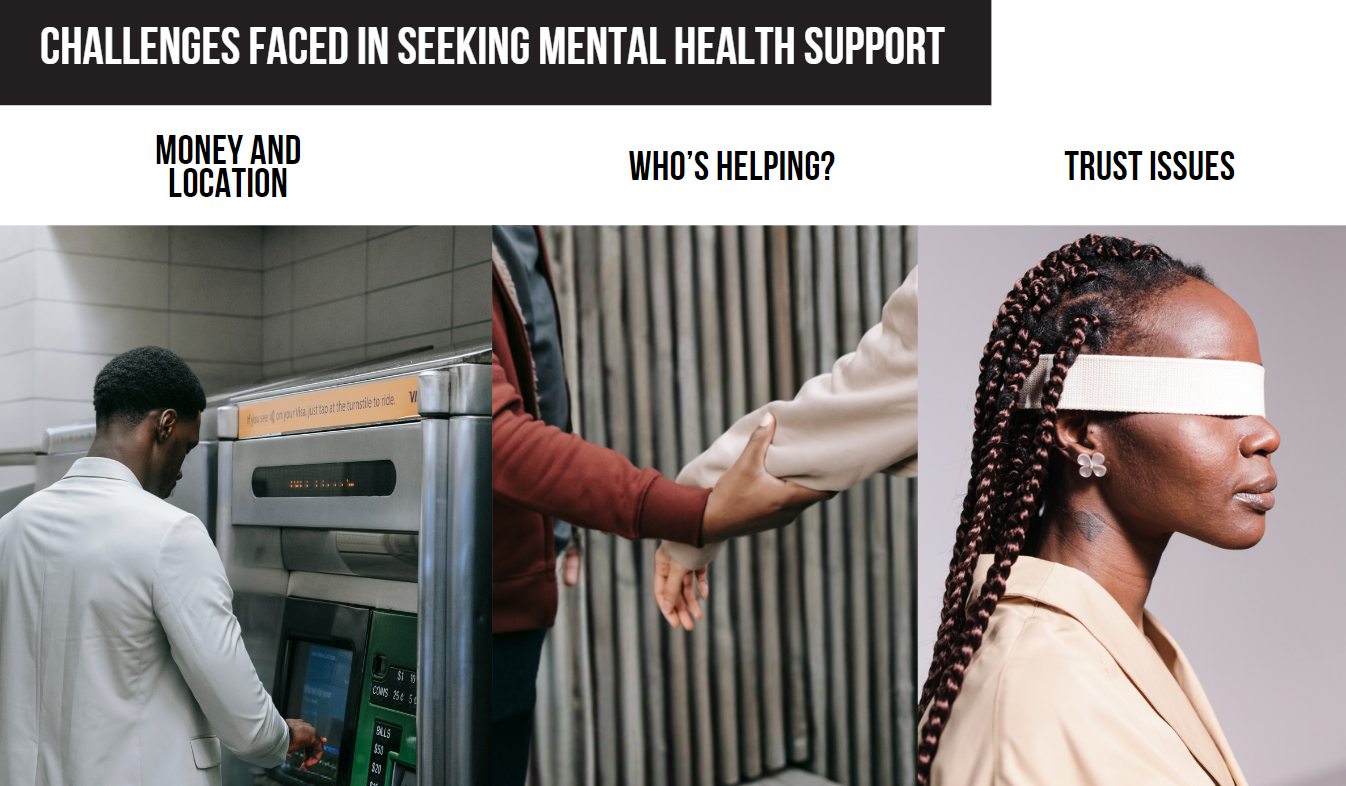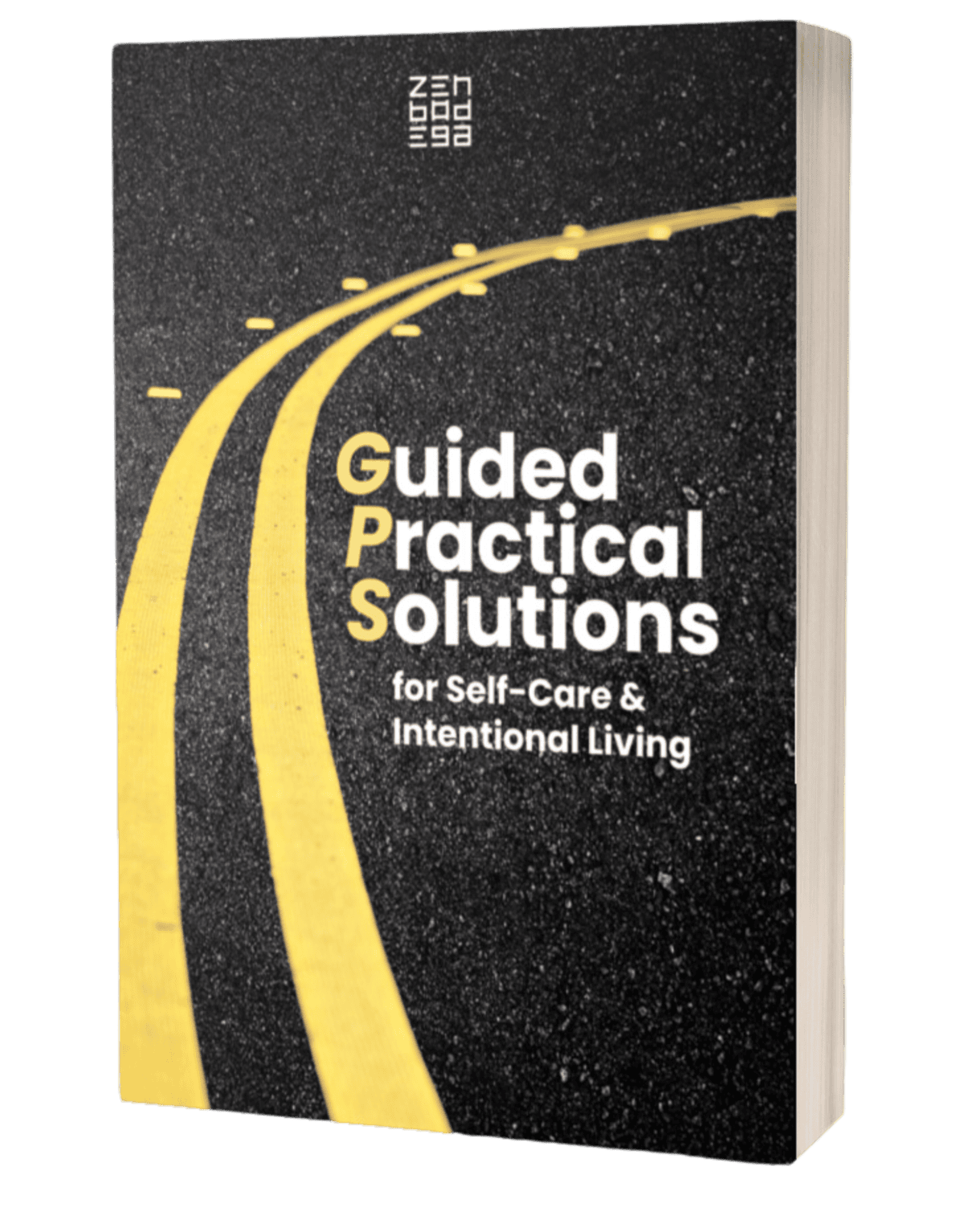Breaking the Stigma: Mental Health Support for the Black Community
Breaking the Stigma: Mental Health Support for the Black Community
Have you ever wondered why mental health conversations are often shrouded in silence in the Black community?
Mental health stigma, a silent shadow in many lives, often goes unaddressed, but here, we’re shedding light on it with courage and honesty.
Together, let’s break the barriers, unlock conversations, and pave a path toward wellness that truly understands the pulse of our community. Join us as we explore, empower, and transform the narrative around mental health.
Let’s Get Started: Why This Matters
Historically, mental health stigma has woven a complex web in Black communities, often shaped by misconceptions and a general lack of understanding about mental health. This has left many to suffer in silence, burdened by both the stigma and their struggles.
Socially and culturally, these attitudes are reinforced by myths and misinformation that pervade everyday life, further isolating those affected. But the stories of those who live this reality can shine a light on these shadows. Through personal anecdotes and quotes from individuals within the community, we hear the raw, unfiltered truths of battling stigma while seeking wellness.
These voices not only challenge the misconceptions but also highlight the urgent need for dialogue and change. As we listen and learn from these experiences, we begin to see just how vital breaking this stigma is for the health and unity of our community.
Challenges Faced in Seeking Mental Health Support
Finding the right mental health support can be really tough for many in the Black community. Here are some of the big challenges that make it harder:
- Money and Location: Sometimes, the help you need costs too much or it’s just too far away. This means even if you want to get help, it can be tough to afford it or to actually get there.
- Who’s Helping?: Often, it’s hard to find therapists who really ‘get it.’ There aren’t enough Black therapists, and this can make a big difference because it’s easier to talk about your feelings and experiences with someone who understands where you’re coming from.
- Trust Issues: There’s a lot of wariness about the healthcare system which isn’t surprising given the history of mistreatment and bias. This makes people hesitant to seek help because they’re worried they might not be treated right or taken seriously.
These challenges are real, and they affect how people in the community think about and seek mental health support. It’s about finding ways to make getting help easier and more comfortable for everyone.
Your Mental Health Toolkit: Finding the Right Help
When it comes to mental health, having the right tools and people to help you can make all the difference. Here’s a guide to finding the right support for Black individuals:
- Therapy for Black Girls: Connects Black women with therapists
- The Loveland Foundation: Offers therapy vouchers for Black women and girls
- Black Men Heal: Provides mental health services and resources for Black men
- The Boris Lawrence Henson Foundation: Provides mental health support and resources to the African American community
- Ayana Therapy: Matches users with therapists who specialize in BIPOC communities
- Sista Afya Community Mental Wellness: Offers affordable therapy and mental health support for Black women
- BEAM (Black Emotional and Mental Health Collective): Provides training and resources to address mental health issues in Black communities
- Ourselves Black: Offers resources and information on mental health topics relevant to the Black community
- Brother, You’re on My Mind: Raises awareness of mental health challenges in Black men
- Melanin & Mental Health: Connects Black and Latinx communities with culturally competent therapists
- Eustress Inc.: Raises awareness about mental health issues in the Black community
- Black Mental Health Alliance (BMHA): Provides educational forums, trainings, and referral services
- The African American Wellness Project (AAWP): Offers mental health resources and addresses disparities in mental health care
- Black Women’s Health Imperative: Works to improve the physical, emotional, and financial health of Black women and girls
- The Black Emotional Health Initiative (BEHI): Reduces stigma and provides resources on mental health within the Black community
- Mindful of My Melanin: Offers resources and therapy recommendations tailored for Black individuals
- National Organization for People of Color Against Suicide (NOPCAS): Raises awareness about suicide prevention in minority communities
- Shades of Blue Project: Supports minority women suffering from postpartum depression and anxiety
- POC Online Classroom: Provides resources on mental health curated for people of color
- Strength Over Silence: Documentary series exploring mental health in the Black community
- Black Girl In Om (BGIO): Creates a space for Black women’s wellness through self-care resources
- Talkspace #WeMatter: Offers online therapy with a focus on racial trauma
- Black Therapists Rock: A network focused on mental health issues in Black communities
- The Nap Ministry: Advocates for rest as a form of resistance for the Black community
- Healing While Black: Offers workshops, therapy sessions, and a supportive community
- We Heal Too: Provides workshops and resources for the mental health of Black men and women
- My Tru Circle: Mobile app offering a safe space for Black individuals to connect and access mental health professionals
- The Siwe Project: Promotes mental health awareness in the global Black community
- Black Girls Smile: Promotes mental wellness for young Black women
- The AAKOMA Project: Works with Black teens and young adults on mental health
- Rise Above The Disorder: Makes mental health care accessible for people of color
- Black Men’s Mental Health: Provides resources on mental health issues for Black men
- Soul Shoppe: Offers workshops to support mental wellness and emotional intelligence among Black youth
- Global Trauma Research Inc: Provides culturally competent mental health services
- Black Minds Matter UK: Connects Black individuals with free mental health services
- The Black Mental Health Project: Advocates for mental health support in Black communities worldwide
- Black Women’s Blueprint: Provides support for Black women and girls, including therapy and advocacy
- Black Thrive: Creates systemic changes to improve Black mental health and wellbeing
- The Steve Biko Foundation: Promotes mental health and social justice initiatives in the Black community
- Afro-Caribbean Mental Health Services: Provides culturally specific mental health services for the Afro-Caribbean community
- African American Wellness Initiative: Promotes mental and physical health in the African American community
- The Boris L. Henson Foundation: Provides support for mental health needs in the African American community







